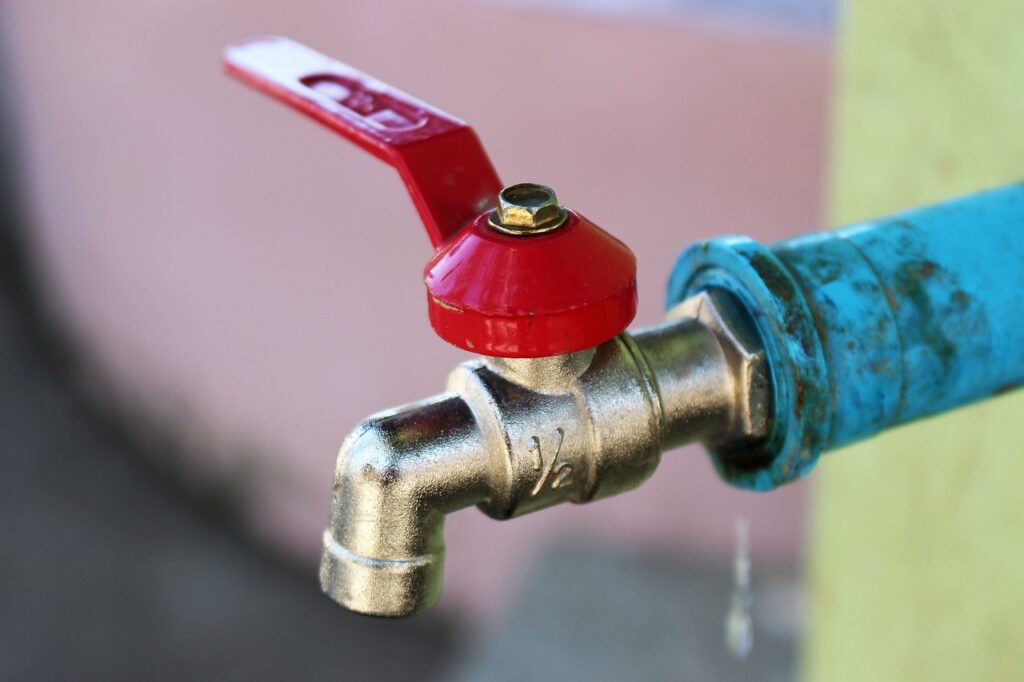Everything You Need To Know About Business Water

Every property in the UK – domestic, commercial, or industrial – will need a water supply. When you start a business, it is a legal requirement to have water and securing the optimal business water plan can be challenging.
As domestic water is supplied and paid for by the governing councils through a taxation system, it may surprise new business owners to realise this isn’t the case for business water supplies. You’ll need to pay directly to a water company for your supply, but even water companies come in all shapes and sizes.
This article explains everything you’ll need to know about business water as a beginner. Whether you are already a business owner looking to acquire physical premises or a new business owner looking to acquire your first workspace – you’ll need to be well-versed on all things business related to getting the best deal possible.
To begin, you’ll first need to know about the following;
Trade Effluent
Trade effluent is – in essence – any effluent (fluid or liquid) produced in the business process. A trade effluent licence is essential to ensuring the safe disposal of any liquids harmful to groundwater reserves or the natural environment.
Trade effluent could be water contaminated with:
- Chemicals
- Food or biological waste
- Oils and Grease
- Fats
- Heavy metal runoff
- Any detergent
- Fertilisers and agricultural additives
You’d need a trade effluent licence for just a few common substances. A trade effluent licence isn’t needed for domestic sewage, such as toilets, sinks, and shower waste.
For example, hospitality effluent from cafes and restaurants would not need a trade effluent licence. A factory using water to clean metal components would need a trade effluent licence.
Applying for the right trade effluent licence is vital to avoid damaging water infrastructure and the environment. Failure to acquire the correct licence can result in severe fines and, in extreme cases, jail time.
Geographical Location Matters
This may seem like a minor factor, but it is. Where you are and where your water supplier serves can impact the prices you pay for their services. While people often assume this is only true across long distances – such as the distance between Scotland and Southern England – even the distance of a county can make a difference.
Water suppliers closer to your business location will be able to offer better rates for their services and have a better range of local services for you to access.
It is common for water companies to strike deals with plumbers and water infrastructure companies to provide their customers with exclusive services. If a water company is local to an area or region, they’ll have more connections to offer your business better rates.
The Different Kinds of Water Company
Another aspect you’ll need to know is what kind of entity you are doing business with, as not all water companies serve the same role. Primarily, most water companies can be broken down into:
- Water retailers
- Water wholesalers
A water wholesaler is what most would refer to as a water supplier. These companies own the pipes and infrastructure responsible for transporting water from reservoirs and water purification plants to properties via underground pipes.
A water retailer is a company that will buy water in wholesale quantities and provide it to a business with a small margin of markup. This markup is used to fund exclusive deals with water industry professionals – such as plumbers – and facilitate water supply management.
Generally, you’ll want to do business with water retailers. The value they add in managing the water supply for the margin they make is more than worth it.
Fixed Charges and Water Metres
When setting up a water supply for your business premises, you’ll likely want to install a water metre to ensure you aren’t overpaying for water you don’t use. This is especially useful for businesses that run an office space, where water usage is generally lower than for other businesses.
This metred charge will consist of both a standing and volumetric charge. The standing charge is an annual fee that’s fixed, and the volumetric charge is based on water usage.
You’ll be charged a fixed rate if you don’t have a metred connection (or can’t set one up). Various factors determine this rate, but the rateable value of your business property is one of the main deciding factors.
A metred connection is almost always cheaper for a business than a fixed rate, as you pay for exactly what you use.
To Conclude
Having a water supply for your business can be complex, but it doesn’t need to be. Always perform due diligence before signing on the dotted line for your water supply in places like Trustpilot.
If handled appropriately, you can save a significant amount of capital by opting for a water plan that suits your needs.




